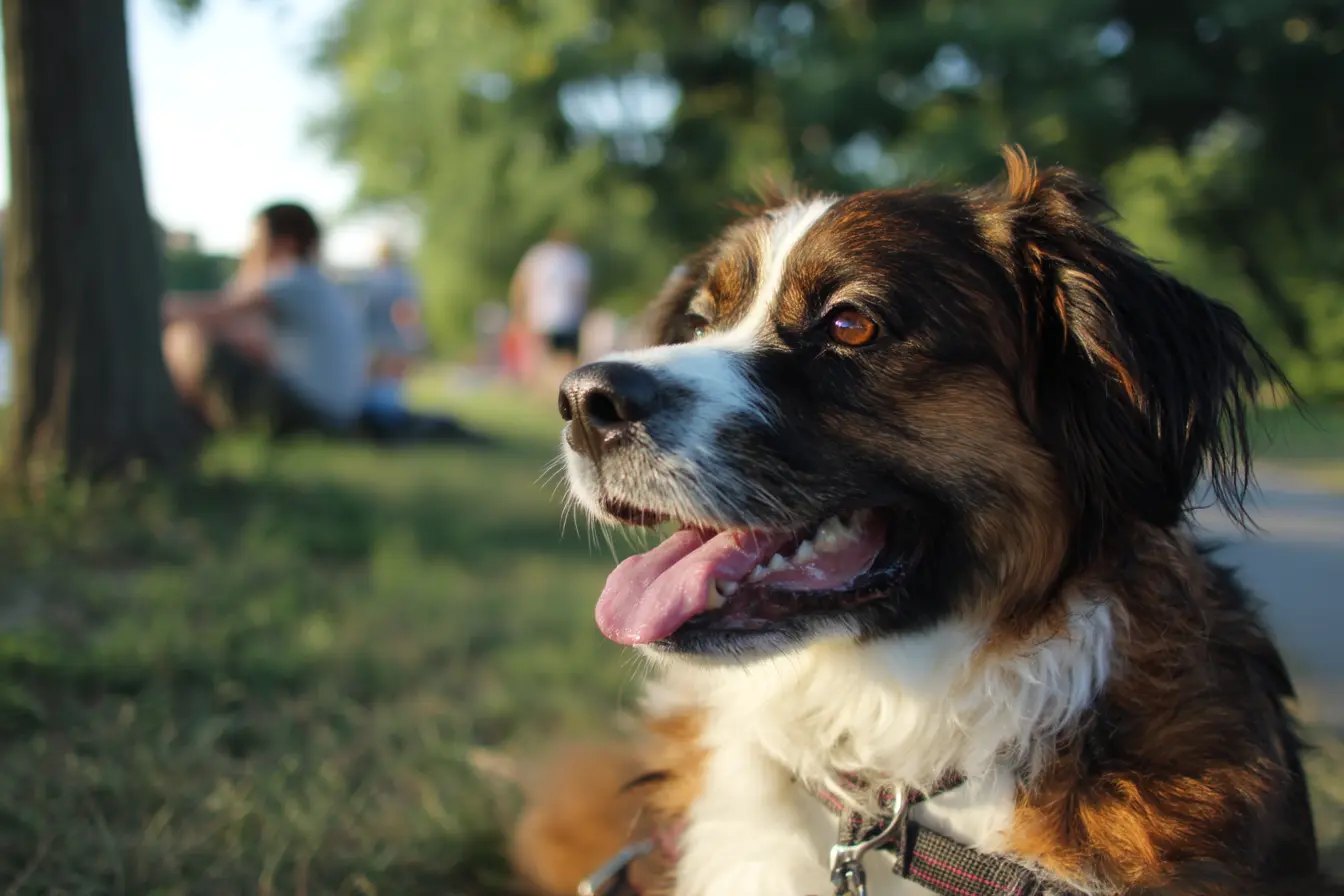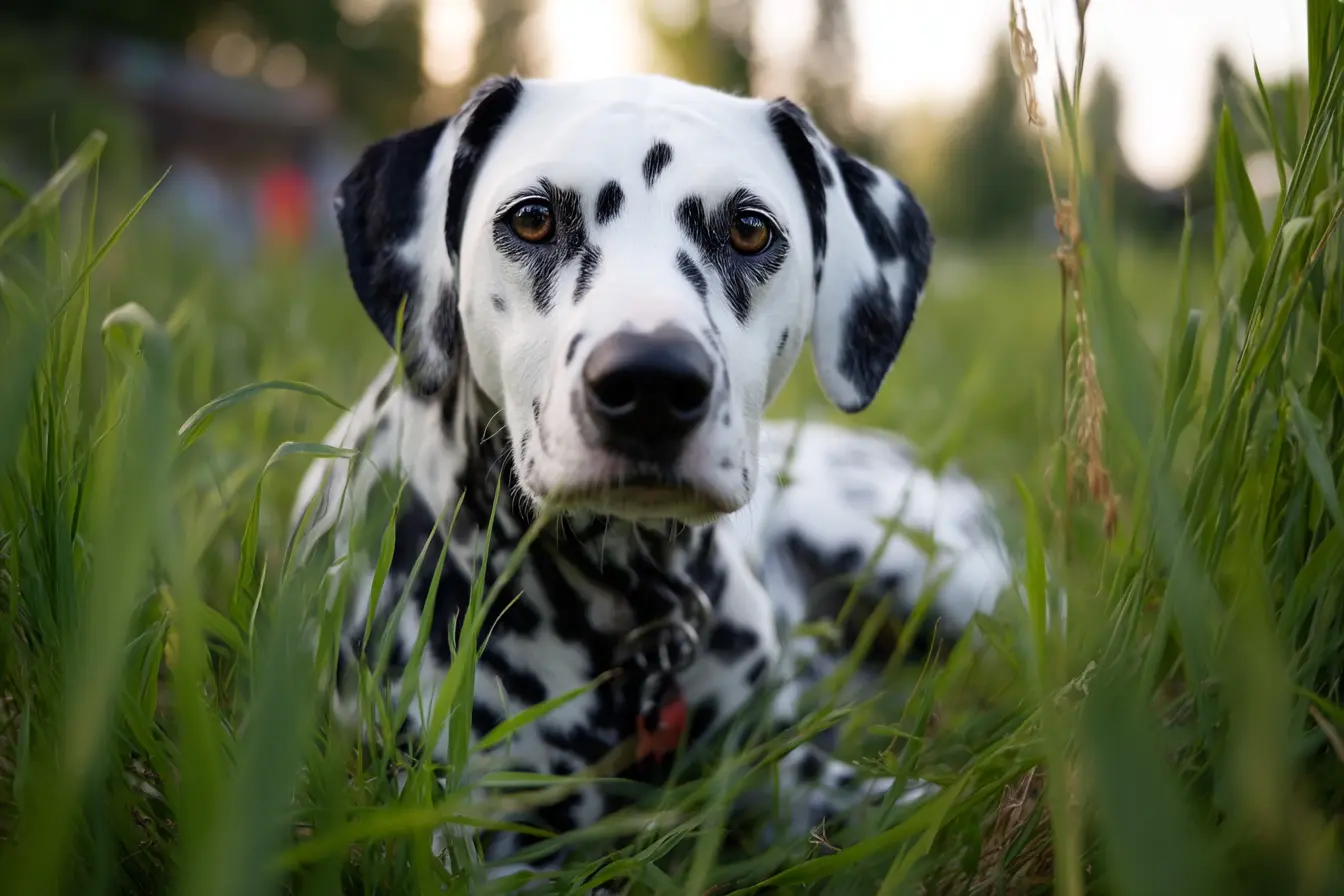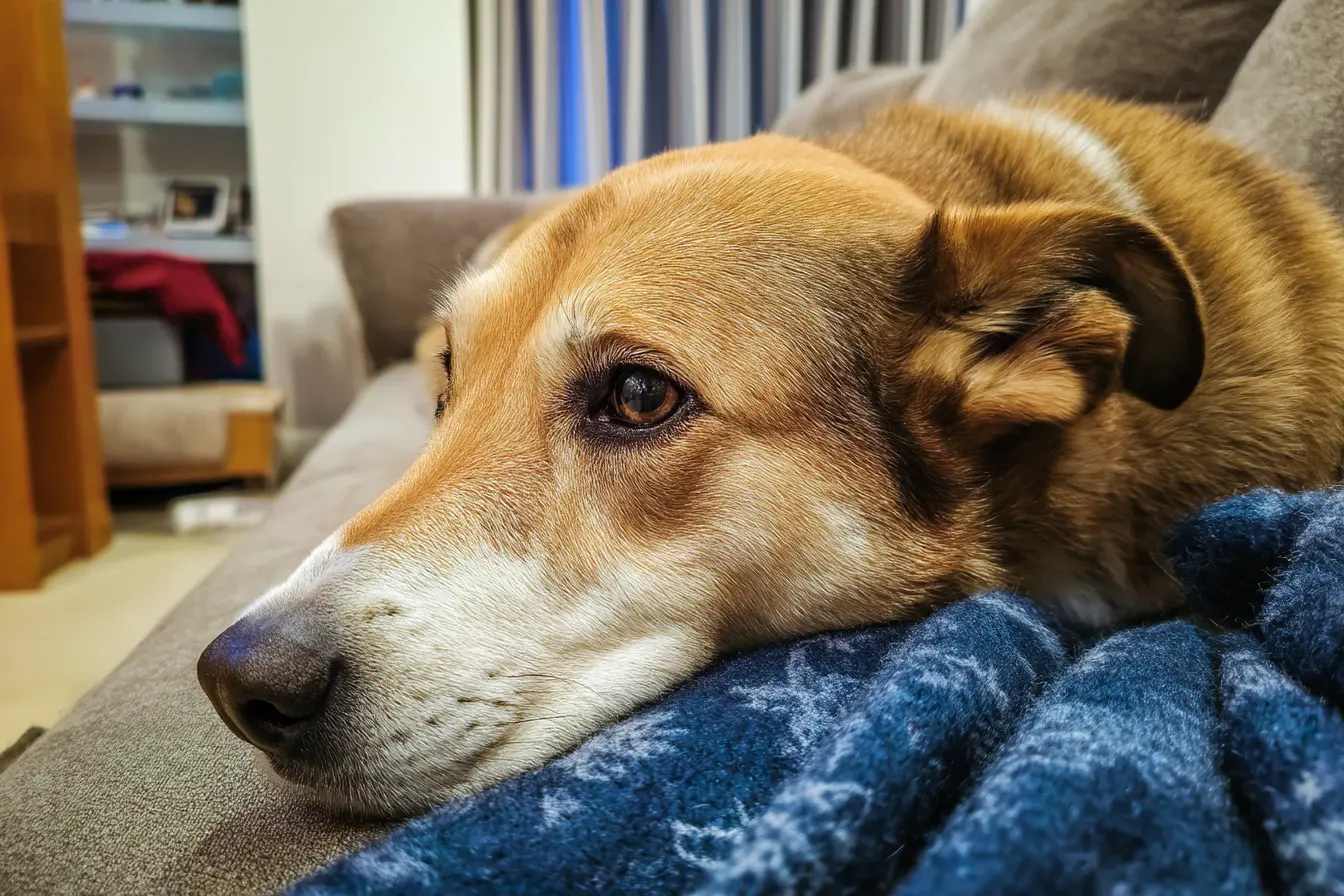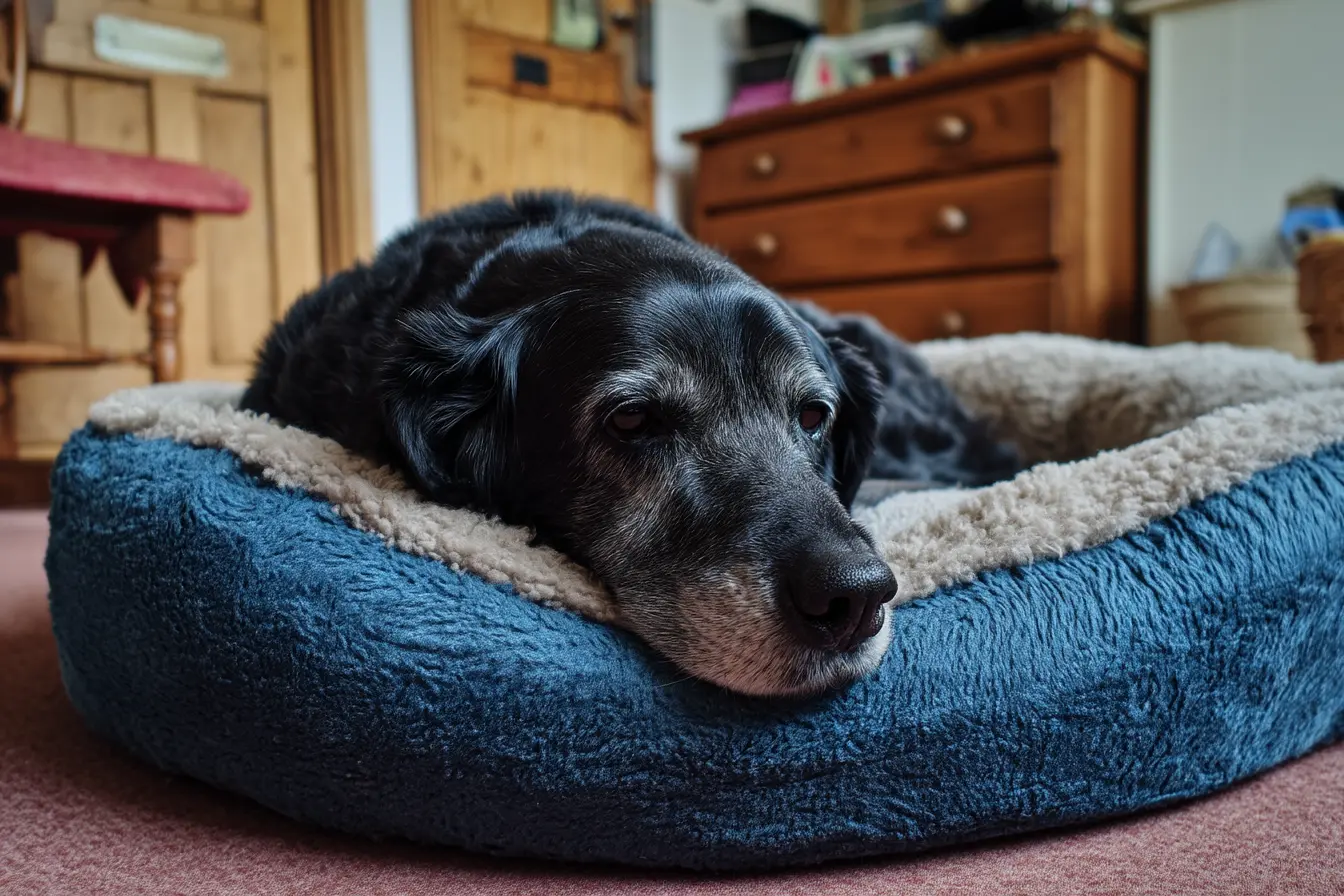
Vaccinations for Dogs in the UK
Vaccinations are a crucial part of responsible dog ownership, helping to protect dogs from serious and potentially fatal diseases. In the UK, routine vaccinations are recommended for all dogs to safeguard their health and prevent the spread of infectious diseases.
Understanding which vaccines are necessary, when they should be given, and how they work can help dog owners ensure their pets receive the best possible protection.
Why are vaccinations important for dogs?
Vaccinations stimulate a dog’s immune system to produce antibodies against specific diseases, providing long-term protection. Without vaccination, dogs are at risk of contracting infections that can cause severe illness, long-term health complications, or even death.
Vaccinating dogs also helps prevent the spread of contagious diseases within the pet population, reducing outbreaks and keeping communities safe.
Core and non-core vaccines
Dog vaccines in the UK are classified into two categories: core vaccines, which are essential for all dogs, and non-core vaccines, which are recommended based on lifestyle and risk factors.
Core vaccines
Core vaccines protect against diseases that are widespread, severe, and pose a significant risk to dogs.
- Canine distemper virus, which is a highly contagious viral disease affecting the respiratory, gastrointestinal, and nervous systems
- Canine parvovirus, which is a severe gastrointestinal infection causing vomiting, bloody diarrhoea, and dehydration
- Canine adenovirus, also known as infectious hepatitis, which is a viral disease that affects the liver, kidneys, and eyes
- Leptospirosis, which is a bacterial infection that spreads through contaminated water or soil and can also infect humans
- Rabies, which is not required for dogs in the UK but is mandatory for dogs travelling abroad
Non-core vaccines
Non-core vaccines are recommended based on a dog's environment, lifestyle, and risk of exposure.
- Kennel cough, which includes Bordetella bronchiseptica and canine parainfluenza virus, recommended for dogs that socialise in kennels, daycare, or dog parks
- Canine herpesvirus, which is primarily a risk for breeding dogs as it can cause fatal infections in puppies
- Leishmaniasis, which is recommended for dogs travelling to regions where the disease is present, such as southern Europe
- Babesiosis, which is a tick-borne disease, and vaccination may be recommended for dogs in high-risk areas
Puppy vaccination schedule
Puppies need vaccinations early in life to protect them as their immunity from their mother’s milk fades. A typical puppy vaccination schedule in the UK includes:
- First vaccination at eight weeks old, covering core vaccines including distemper, parvovirus, adenovirus, and leptospirosis
- Second vaccination at ten to twelve weeks old, acting as a booster for the first round of vaccines
- Optional kennel cough vaccine, which can be given at the same time as the core vaccines
- Rabies vaccine, which is required for dogs travelling outside the UK and given at twelve weeks or older
- Final puppy check-up at sixteen weeks old, ensuring full immunity before socialisation and outdoor exposure
Puppies should not be taken to public places, such as parks or dog-friendly areas, until at least one week after their second vaccination when immunity is fully developed.
Booster vaccinations for adult dogs
Adult dogs require booster vaccinations to maintain immunity against infectious diseases.
Core vaccine boosters
- Leptospirosis booster, given every year
- Distemper, parvovirus, and adenovirus booster, given every three years
Non-core vaccine boosters
- Kennel cough vaccine, recommended annually for dogs at risk
- Rabies booster, required every one to three years for dogs travelling abroad
Annual veterinary check-ups usually include a review of a dog’s vaccination status, ensuring they remain protected.
Are vaccinations mandatory for dogs in the UK?
Dog vaccinations are not legally required in the UK, but they are strongly recommended by vets. However, some situations require proof of vaccination:
- Kennels and dog daycare facilities often require up-to-date vaccinations, including kennel cough
- Pet travel abroad under the Pet Travel Scheme requires a rabies vaccination
- Dog shows and competitions may have vaccination requirements
While not mandatory by law, vaccinating dogs is essential for their health and the safety of other animals.
Side effects of dog vaccinations
Most dogs experience no side effects from vaccinations, but mild reactions can occur.
Common mild side effects
- Temporary soreness at the injection site
- Mild fever or lethargy for twenty-four hours
- Decreased appetite for a short period
Rare but serious reactions
- Facial swelling or hives
- Difficulty breathing
- Vomiting or diarrhoea
- Collapse or severe lethargy
If a dog shows signs of an allergic reaction after vaccination, immediate veterinary attention is required.
The cost of dog vaccinations in the UK
The cost of vaccinations varies depending on location and veterinary practice, but typical prices are:
- Puppy vaccination course, costing between forty and seventy pounds for the initial set of vaccines
- Annual booster vaccinations, costing between thirty and fifty pounds
- Kennel cough vaccine, costing between twenty and forty pounds
- Rabies vaccine, costing between forty and sixty pounds
Many vet practices offer pet health plans, which include vaccinations, flea and worm treatments, and check-ups for a monthly fee.
Can dogs be vaccinated too often?
Vaccinating too frequently is unnecessary and may increase the risk of adverse reactions. Modern guidelines recommend tailoring vaccination schedules to a dog's lifestyle and risk factors.
Blood tests called titre tests can measure a dog's immunity levels and determine whether booster vaccines are needed.
Alternatives to vaccinations
There are no safe alternatives to vaccinations, but titre testing can help assess immunity levels. However, for diseases like leptospirosis, which does not provide long-lasting immunity, regular vaccination is still required.
When should a dog not be vaccinated?
A vet may delay or avoid vaccination if a dog
- Is unwell or has a fever
- Has had a severe allergic reaction to a previous vaccine
- Is undergoing treatment that affects the immune system
Vaccination decisions should always be made with veterinary guidance.
How to keep dogs healthy alongside vaccinations
Vaccinations are essential, but overall health care is equally important.
Additional steps to keep dogs healthy
- Regular parasite prevention to protect against fleas, ticks, and worms
- A balanced diet to support the immune system
- Regular exercise and mental stimulation to maintain overall well-being
- Routine veterinary check-ups to detect early signs of illness
Conclusion
Vaccinations play a vital role in protecting dogs from serious diseases and preventing outbreaks in the pet population. Following a puppy vaccination schedule, keeping up with booster vaccinations, and considering lifestyle factors when choosing additional vaccines ensures that dogs remain healthy and safe.
While not legally required in the UK, vaccinations are strongly advised by vets and are often necessary for boarding, travel, and social interactions. By staying informed and proactive about vaccinations, dog owners can help their pets lead long, healthy lives.
Contents
- Why are vaccinations important for dogs?
- Core and non-core vaccines
- Puppy vaccination schedule
- Booster vaccinations for adult dogs
- Are vaccinations mandatory for dogs in the UK?
- Side effects of dog vaccinations
- The cost of dog vaccinations in the UK
- Can dogs be vaccinated too often?
- Alternatives to vaccinations
- When should a dog not be vaccinated?
- How to keep dogs healthy alongside vaccinations
- Conclusion
Tags
Vets near you
Speciality vets
- Aquatics vet specialists
- Birds vet specialists
- Camelids vet specialists
- Cats vet specialists
- Cattle vet specialists
- Deer vet specialists
- Dogs vet specialists
- Equines vet specialists
- Exotic vet specialists
- Goats vet specialists
- Pigs vet specialists
- Poultry vet specialists
- Sheep vet specialists
- Small Mammals vet specialists
- Wild vet specialists
Vet facilities
- Accessible by public transport
- Blood testing
- Car park nearby
- Client car park
- Dentistry
- Diagnostic imaging
- Disabled public access
- Flea and worm treatments
- Microchipping
- Mobile services
- Neutering
- Open at weekends
- Out-of-hours service
- Referral interests
- Referrals only
- Street parking outside
- Toilets available
- Vaccination clinic



